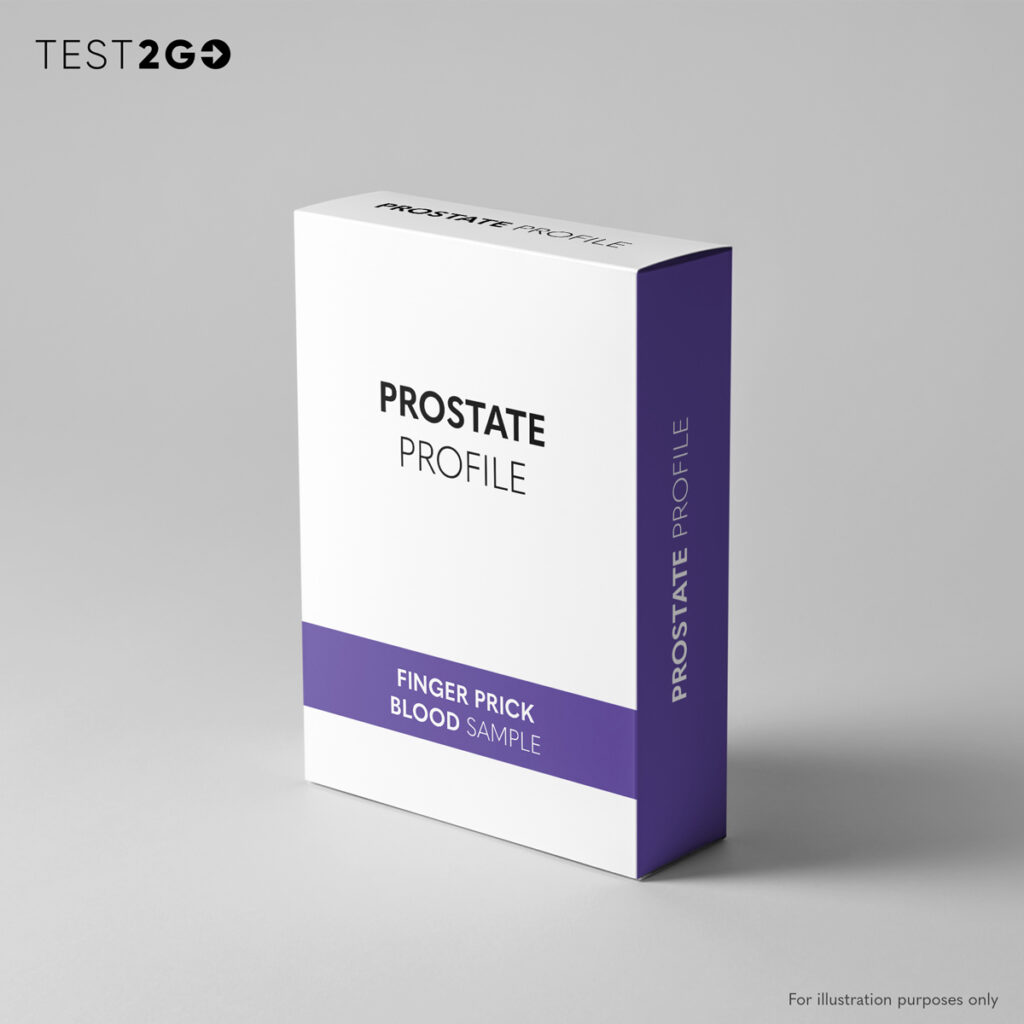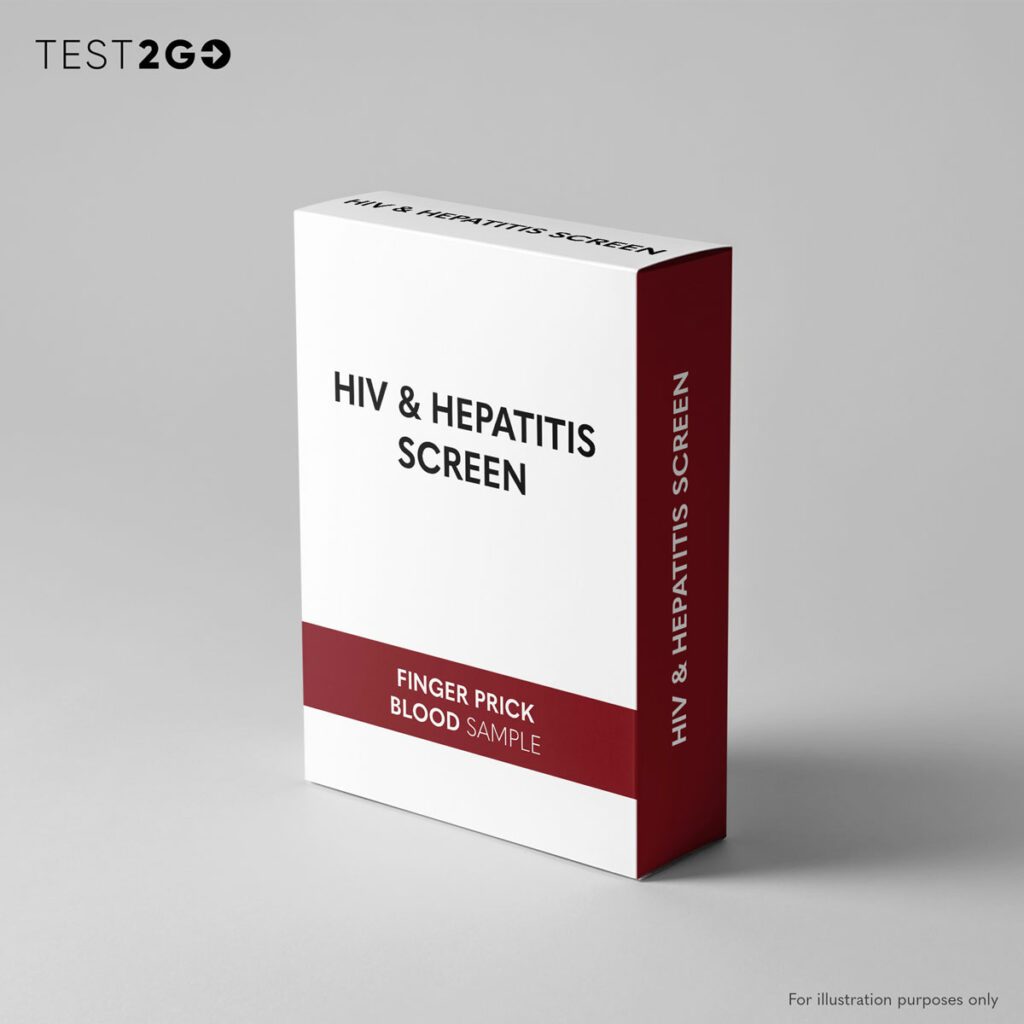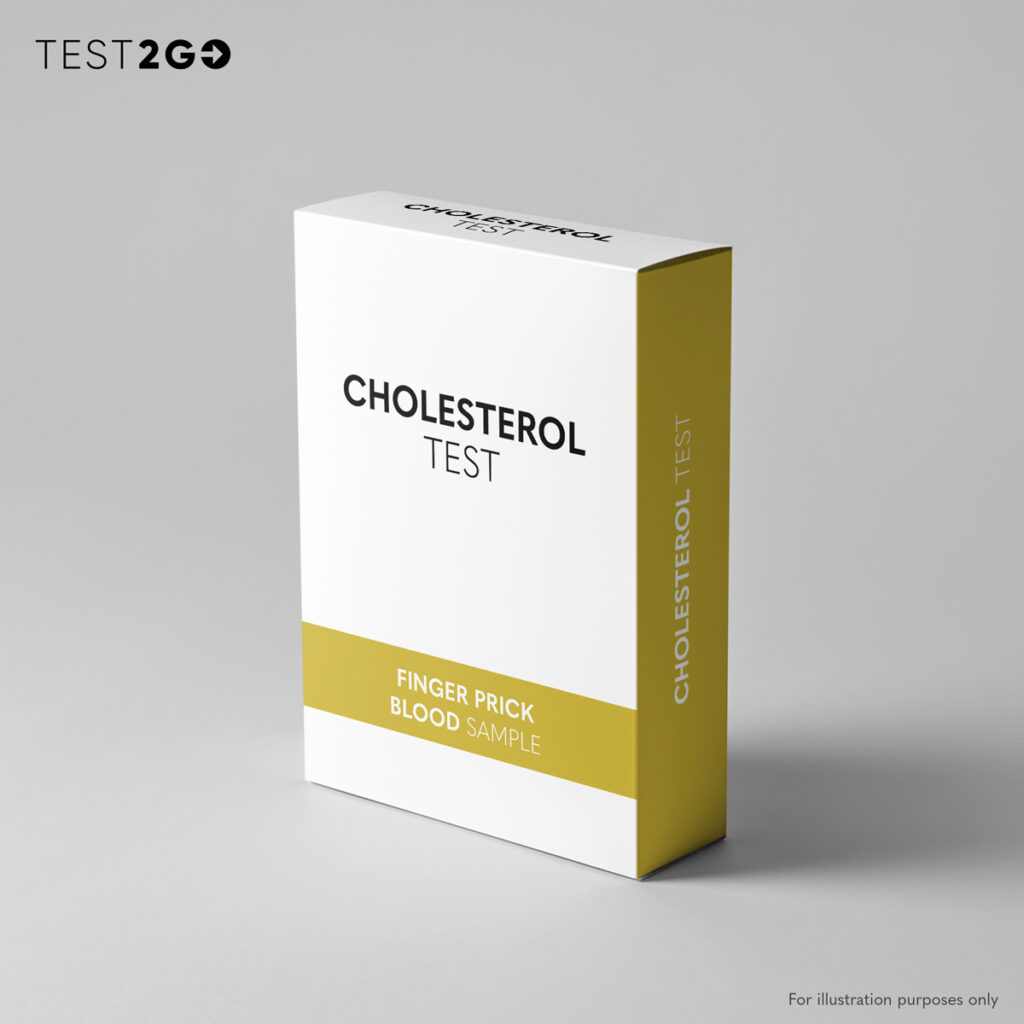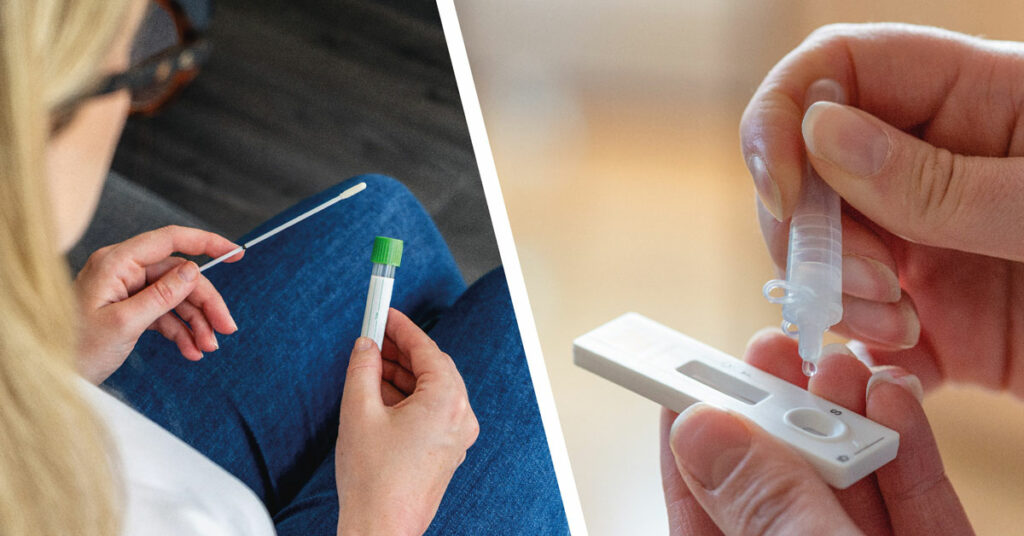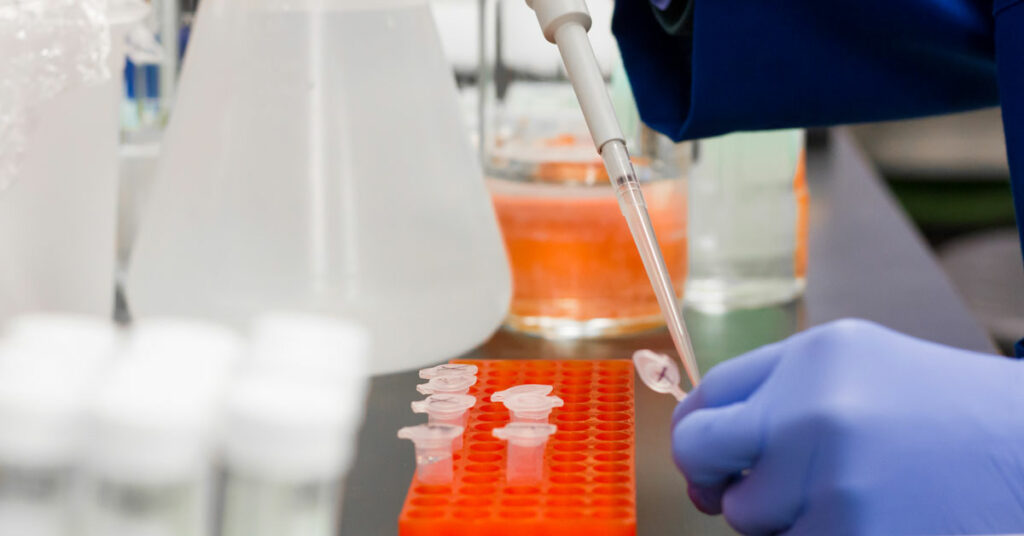Some people are ashamed to be tested for sexually transmitted infections (STIs), but it is an excellent thing to do for your health. However, a certain stigma attached to sexual health can make people less inclined to visit their local sexual health clinic or doctor.
If you do want to test for a sexually transmitted disease, you can now do it in the privacy of your own home, with the range of sexual health tests available from Test2Go. We stock a wide range of simple and discreet at-home sexual health tests that you can use at home and then post to our accredited labs for testing.
How to get an STI test from Test2Go
Ordering an at-home STI test from Test2Go is quick and easy. Visit our at-home sexual health test category and browse the available test kits online. Our STI test kits include:
Once you have selected the test you want, added it to the basket and checked out – it will be delivered to your home in discreet packaging. You can then carry out the test at home following the instructions provided. Then return your completed test to our accredited labs using the prepaid envelope supplied with the test kit. You should receive your results two working days after receipt of the sample at the testing laboratory.
Who can use Test2Go’s Sexual Health Tests?
If you are over 18 and are not experiencing any STI symptoms, then you can use any of Test2Go’s Sexual Health Tests.
If you are experiencing STI symptoms, as listed by the NHS, it would be better to go to your GP or local sexual health clinic. You should not self-diagnose or start medical treatment without consulting a doctor or a suitably trained health professional.
Some of the most common symptoms of STIs include:
- Abnormal bleeding from the vagina
- Burning or stinging when you wee
- Discomfort, discharge, or bleeding from your bottom
- Pain or discomfort in the lower stomach, penis or testicles
- Unusual discharge from the penis or vagina
What types of STI test kits are available?
Test2Go offers test kits for the following STIs:
- Blood Profile Test – tests for HIV 1/2 and P24 Antigen and Syphilis
- Blood Profile Plus Test – tests for HIV 1/2 and P24 Antigen, Hepatitis B, Hepatitis C and Syphilis
- Chlamydia Test – tests for Chlamydia
- Chlamydia & Gonorrhea Test – tests for both Chlamydia & Gonorrhea
- Common 4 Panel Test – tests for Chlamydia, Gonorrhea, Syphilis & HIV
- Female Sexual Health Test – tests for a wide range of common infections, including Chlamydia, Gonorrhea, Hepatitis B, Hepatitis C, HIV 1/2 and P24 Antigen, and Syphilis
- Gonorrhoea Test – tests for Gonorrhea
- Male Sexual Health Test – tests for a wide range of common infections, including Chlamydia, Gonorrhea, Hepatitis B, Hepatitis C, HIV 1/2 and P24 Antigen, and Syphilis
- Urine Screen Test – tests for a range of sexually transmitted infections, including Chlamydia, Gonorrhoea, Mycoplasma, Ureaplasma and Trichomonas
How to choose the correct STI test
As you can see from the list above, many of our STI tests will test for more than one infection, making them perfect if you want a routine check-up of your sexual health. This may be a good idea if you haven’t done one for a while or if you feel it may be a good idea due to your recent sexual relationships.
Different samples will be required for each test. For example:
- The Female Sexual Health test contains a blood test and a vaginal swab test
- Male Sexual Health test includes a blood test and a urine test
- The Chlamydia test consists of a urine sample.
Are STI home testing kits reliable?
As we have said, no testing kit is 100% reliable. Still, our home test kits are very accurate at picking up various sexually transmitted infections (provided you follow the instructions and take the sample correctly). Our accredited labs are also part of the Versalab network.
One thing to bear in mind regarding STI testing is the different lengths of time it can take between catching an infection and when it will show in a test.
- Chlamydia and Gonorrhoea can take up to two weeks.
- HIV – 45 days or 90 days, depending on the type of test
- Syphilis – 12 weeks
In other words, it can take some time for viral levels to rise to a detectable amount after you have come into contact with an infection, so taking a test too early can result in an unreliable result. If you take an at-home STI test and the result is negative, but you are still concerned, you can take a second test later to be on the safe side.



